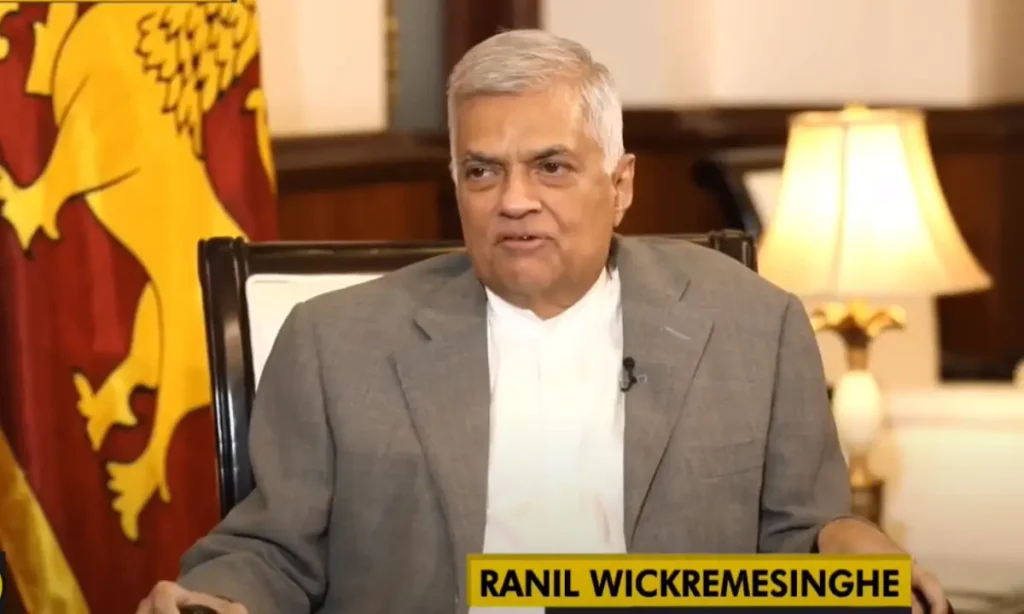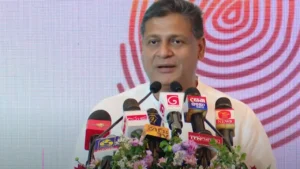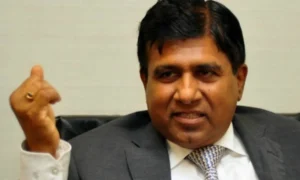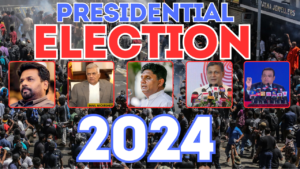
Early Life and Education
Ranil Wickremesinghe was born on March 24, 1949, in Colombo, Sri Lanka, into a prominent political family. His father, Esmond Wickremesinghe, was a well-known lawyer and a press baron, while his mother, Nalini Wickremesinghe, came from a wealthy family of businessmen and politicians. Ranil attended the Royal College in Colombo for his primary and secondary education. He pursued higher education at the University of Colombo, where he graduated with a Bachelor of Laws degree. He later completed his legal studies at the Sri Lanka Law College, becoming an advocate.
Political Career
Wickremesinghe’s political career began in 1977 when he was elected to Parliament as a member of the United National Party (UNP). He held various ministerial portfolios, including Deputy Minister of Foreign Affairs, Minister of Youth Affairs and Employment, and Minister of Education. His leadership in these roles helped establish his reputation as a capable and progressive politician.
Prime Ministerial Tenures
Wickremesinghe has served as Prime Minister of Sri Lanka several times. His first tenure began in 1993, following the assassination of President Ranasinghe Premadasa. He served until 1994, during which he focused on economic reforms and peace initiatives. He was reappointed in 2001, leading a government that pursued significant economic reforms and sought to negotiate peace with the Liberation Tigers of Tamil Eelam (LTTE). However, his tenure was cut short in 2004 when his government was dismissed by the then-President Chandrika Kumaratunga.
Wickremesinghe returned to power as Prime Minister in 2015, after a surprise victory in the presidential election by Maithripala Sirisena, who appointed him to the position. During this period, Wickremesinghe worked on constitutional reforms, economic recovery, and improving international relations. However, his term was marred by political instability, culminating in his controversial removal and subsequent reinstatement in 2018.
Presidency
Ranil Wickremesinghe assumed the presidency on July 21, 2022, following the resignation of President Gotabaya Rajapaksa amidst widespread protests and economic crisis in Sri Lanka. As president, Wickremesinghe has focused on economic stabilization, implementing stringent economic reforms, and seeking international assistance to navigate the severe economic challenges facing the country.
Legacy and Influence
Wickremesinghe is known for his pragmatic approach to governance, commitment to democratic values, and efforts to foster peace and economic development in Sri Lanka. Despite facing numerous challenges, including political upheaval and economic crises, he remains a significant figure in Sri Lankan politics. His leadership style, characterized by a blend of cautious pragmatism and reformist zeal, continues to shape the political landscape of Sri Lanka.
Personal Life
Ranil Wickremesinghe is married to Maithree Wickremesinghe, a professor and an expert in gender studies. The couple does not have children. Wickremesinghe is known for his intellectual pursuits, including a keen interest in history and literature.
For more detailed information, you can visit the full article on Ranil Wickremesinghe’s Wikipedia page.





